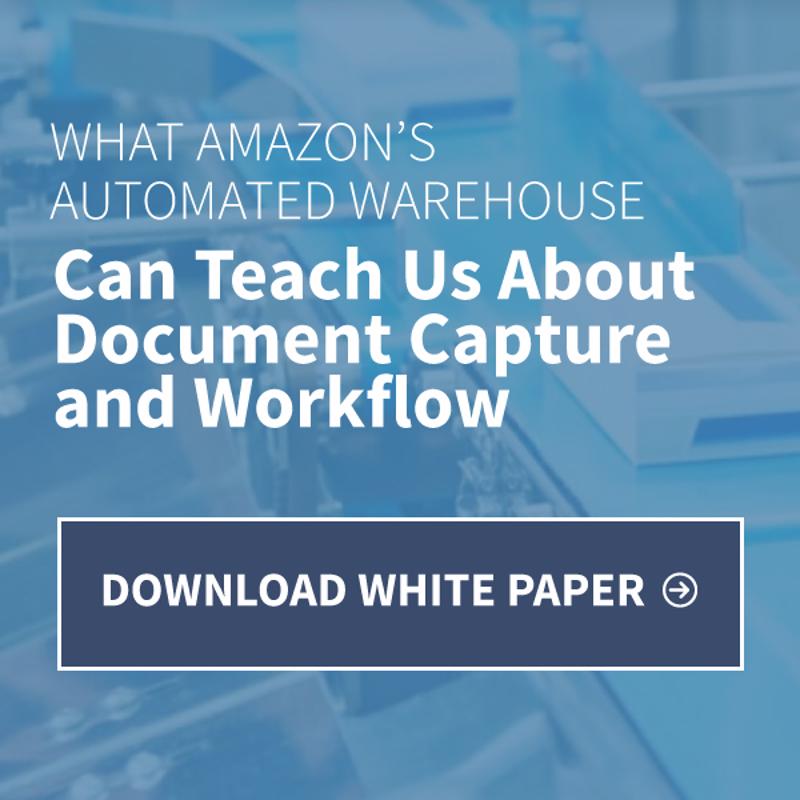
The government's PACER fees are making many people unhappy.
Access fees associated with the Public Access to Court Records system – or PACER – have caused a rift in the relationship between the government and those who wish to utilize online records at no cost. According to Bloomberg Law, the fees are 10 cents per page, and up to $3 per document. Many nonprofits, reporters, judges and others who frequently access online government documents are all opposing the fees.
Do the fees restrict public access to information?
Many people are proclaiming that access to these documents should be free to the public. These protesters believe that it restricts public access to information, and also argue that it inhibits the evolution of new legal tools. Various legal professionals and reporters especially find that they use these files very frequently, often adding up to large costs that they are looking to avoid.
The law states that the revenue from PACER fees goes toward expenses that are brought about by the PACER services, states Bloomberg Law. Any additional fees go toward other programs that similarly provide the public with access to electronic documents.
Lawsuits over PACER fees
The government was actually sued for these PACER fees in 2016 by a handful of nonprofits. They argued that the cost of accessing these documents limited the public's understanding of the legal system and how the courts work. They also made sure to point out that these fees discourage academic research and journalism, as many students and young journalists can't afford to be spending large amounts of money on government documents.
Only 30% of users were charged
It's also important to point out that many people are not charged for these services. The Washington Post reported that of the 500,000 annual users, 70% were not charged at all. If someone accesses less than $30 of electronic files (or 300 pages), in a three month period, they were also not charged.
PACER fees have made it very difficult for frequent users to access online public documents. However, the fees cover expenses that the government incurs due to the service that they're providing. As the lawsuits continue to unfold, it'll be interesting to see what the future of accessing electronic records will hold.

